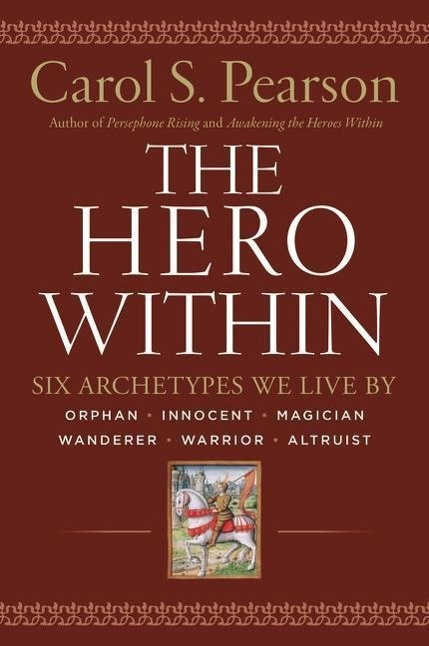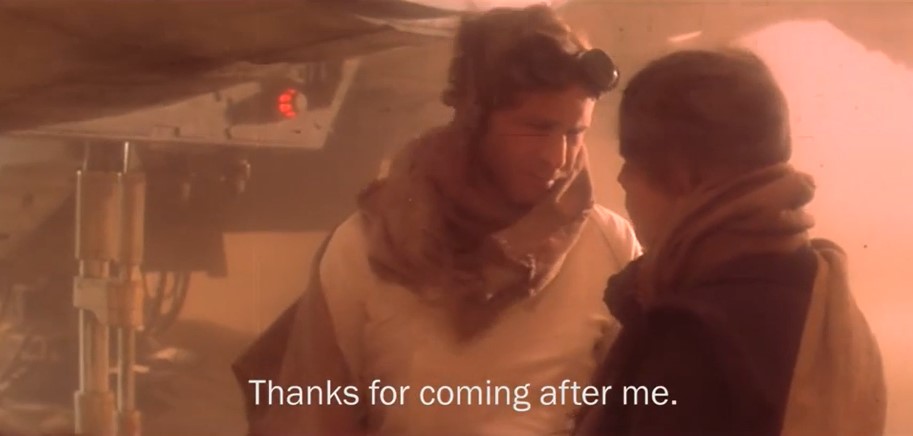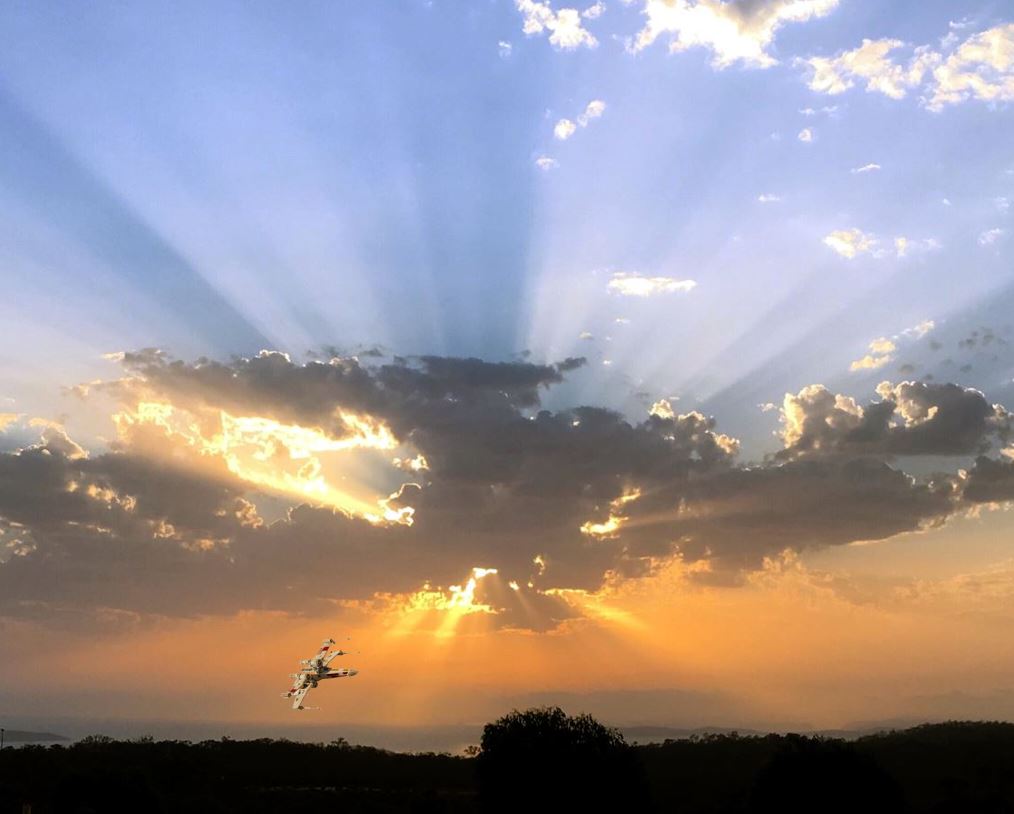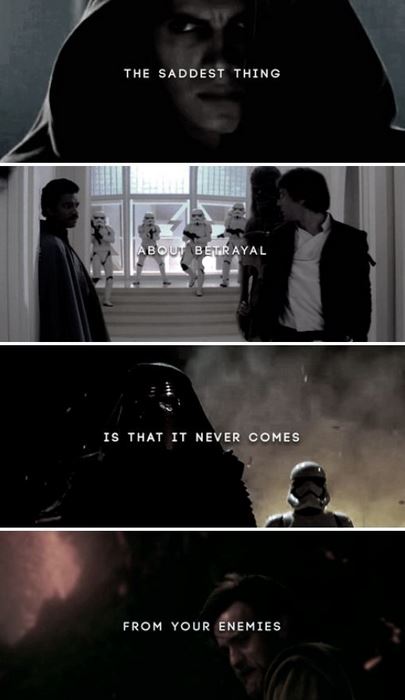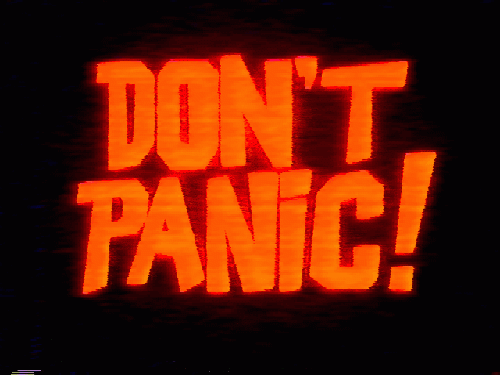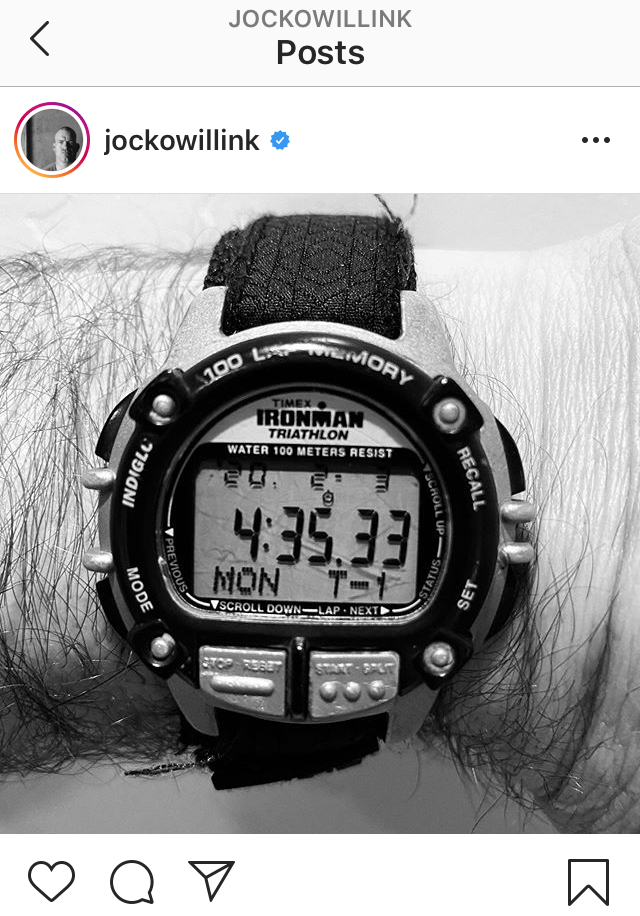
“So you want to be a Jedi” – Yoda
“Do. Or do not. There is not try” – Yoda
So you want to be a Jedi?
Life is hard and so is being Jedi. The Jedi Code, doing daily practices, applying principles and proactively working on self-improvement all take effort. Change was never meant to be easy. It can be damn hard. Sometimes it can take everything you have.
“But he still has much to learn. And his abilities have made him…well… arrogant. I realise now what you and Master Yoda knew from the beginning… the boy was to old to start the training” – Obi-wan Kenobi
The Jedi had a training program which included years of Temple Study in Lore, Ethics, History and Diplomacy as well as intense physical and martial arts training. There were long hours of meditation and Lightsaber practice. The Jedi student was assigned to a Jedi Knight who acted as mentor and teacher. The apprenticeship lasted until the Padawan was ready to be a Jedi.
There were dangerous trials the Jedi student had to pass. Rigorous training then continued between missions. The Jedi rose in rank as they demonstrated mastery and skill. A Jedi also knew that despite years of dedicated training they had not learned everything there was to know.
“I’m ready for the trials. I know I am! He knows it too. He believes I’m too unpredictable…Other Jedi my age have gone through the trials and made it..I know I started my training late… but he won’t let me move on.” – Anakin
Master self first..
Sometime we get ahead of ourselves and claim full knowledge and mastery before we are ready. We don’t know everything, and we never will. There is always more to learn, even the wisest and most experienced Jedi Master never stops learning. To claim “complete mastery” over any subject and announce that there is nothing more to learn is fool hardy at best, dangerous at worst.
So how do we approach our training? A good first step is to create and maintain a routine which will ensure that you stay on path in your journey to competency and after many decades, perhaps mastery.
Form Habits
This journal can serve as one small act done daily forming a routine and a habit. As a Jedi we should be doing our daily practices daily. This means every day, without fail, no excuses (unless you are too ill to move). We exercise, meditate, apply mindfulness in our interactions with the world, practice diplomacy and demonstrate self-discipline every day. Unless you incorporate the practices into some sort of routine you will fall well short of the mark.
Former US Navy SEAL Jocko Willinck has a daily routine that most people would find insane if not impossible. It starts at 04:30 usually with a run and an intense workout. Willinck posts a photo of his watch to Instagram when he gets out of bed then sometime later there will be a photo of gym equipment or a sweat puddle on the floor.
“Real life Jedi” like Jocko Willink and David Goggins have realised that the secret to success and achieving goals is creating a routine and sticking to it no matter what. This take commitment, sacrifice and self discipline. Hard work and an unbeatable mindset is built on a solid routine.
Routines
My daily routine is nothing like Jocko Willicks, its a simple one, but it does take effort. The benefits cannot be understated. Very often what we most need is a routine and a set of goals to work towards. The best way to set goals is to break them down. With simple and achievable targets that challenge you, you will progress. Over time you ratchet up the effort a little. Always start slow but be consistent and work to improve.
My daily routine comprises of practices I have adopted from the Jedi Path and the Stoics and adapted to my needs. Feel free to come up with your own program and stick to it for a while, then modify if required to suit your lifestyle, limitations and needs.
Morning
On rising, practice a short period of gratitude. Remind yourself of one or two or more things you are grateful for as you come into this day. Record them in the journal. This will put you on a good grounding. Avoid jumping straight on to your social media account to check missed posts and likes. Start with a fresh mind.
Welcome the day. A new day means new opportunity. Be thankful for it. Every morning try to greet the sunrise in its splendour. Otherwise take a quiet moment and imagine the sun coming up over the horizon. Take a moment to contemplate the grand scale of the cosmos and infinite time. Try to remember that this day is unique and will never be repeated. You only get one shot at it. You can take this time to meditate for 15-30 minutes if you prefer to meditate in the morning.
Spend a moment in contemplation. You can journal your thoughts on any topic or on the Jedi quote provided for the day. Grab a mental theme for the day. It can be anything taken from a quote, a line from a book or your own inspiration. Set in your mind or on paper three things you aim to achieve today and work towards it.
Consider the things that may go wrong. Remind yourself that through the day you will encounter people who are rude and obstinate, that your plans may get derailed. Tell yourself you will face obstacles and difficulties and how you react will reflect on you. Resolve not to let the things you cannot control affect you in negative ways.
During the Day
You will apply diplomacy and mindfulness throughout the day frequently checking in your inner world by simply asking yourself “How am I feeling right now? What am I thinking about?”.
Take time out from your responsibilities to simply focus on the breath. Go for a walk and notice things around you, the sky, trees, birds and people. Take the time to really notice the taste of your food and drink rather than scoffing it down mindlessly. Spend some time surrounded by nature each day, even its it’s only the local park. Enjoy a moment of solitude and silence if you can find it.
Do one act of kindness, a service, every day for someone. It can be anything, random or predetermined; an offer of assistance or help to someone struggling with a load, giving up your seat on the bus to someone who needs it more, a simple courtesy such as opening the door. A smile or kind word or an act of charity.
Deny yourself something nice or practice some form of denial to remind myself not to get too attached to comforts and ease. I practice periodic intermittent fasting on occasion. In addition to reminding myself that food is a precious resource not to be taken for granted I find that occasional fasting makes me feel better (Check with your Doctor before intermittent fasting). I may decide to leave my jacket at home on a cold day. Run the occasional cold shower! Sleep on the floor occasionally if you are adventurous.
Take a moment to undertake negative visualisation. Consider a realistic scenario that might occur which could ultimately change your life or at least make it unpleasant. This could include ill health, unemployment, poverty, ridicule or hate from others, betrayal by friends or colleagues. This should be done without attaching emotion. Imagine you are watching it play out in a movie. See yourself dealing with the situation and overcoming it; visualise yourself practising acceptance and equanimity.
Do at least 30 minutes of exercise or physical training (this can also be in the morning or evening). The type of physical training you do will vary and depend on your own preference and limitations. You may practice martial arts, play sports, hit the gym or CrossFit Box, swim, surf or run. Remember to have rest days to avoid over training (Stretch / Yoga on off days). However, do some form of physical activity every day even if it is only a short walk or some light stretching.
Evening
Spend at least 20 minutes in meditation (this can also be during the day or in the morning). Review the day, what went right, what went wrong and consider how you can improve. Journal your thoughts. Take some quiet time to relax and enjoy your free time any way you like. Thank the Force for another day.
“I want to be a Jedi, like my Father” – Luke Skywalker
Do you still want to be a Jedi?
Self Discipline is the key to a healthy and productive routine that achieves outcomes. The only person who is accountable to it is you. No one is going to force you to do this. There is no Jedi Knight pushing you to excel yourself. Yoda is not admonishing you to “Do. Or do not. There is no try“. You will have to be the one who does that.
When Jocko Willink would enter a debrief room to give orders for a mission his Team Members would hum the “Imperial March” from Star Wars. They knew the more satisfied Jocko looked the tougher the mission was going to be. You wouldn’t want someone like Jocko Willink getting you out of bed to run 10 miles every at 04:30 every morning before a gruelling workout in the grinder would you? You know its going to hurt real bad. The next less painful way is for you to do it yourself.
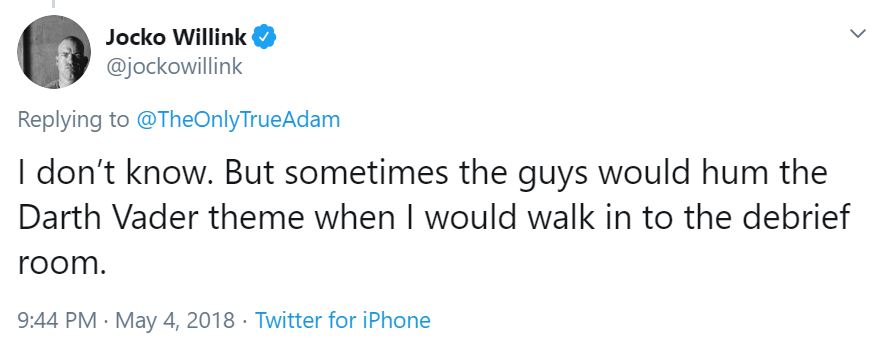
Not every one can be as hard core as Willink or become a Jedi. You can still aim high but forget about achieving perfect practice. Perfection is an ideal. In the real world we can only do our best. There will be days you will skip the routine, days when you are too tired or don’t feel like it. These are the days that will best demonstrate where your commitment is and how far you have come on the journey. Every moment you have a choice. Keep Yoda on your back and the mantra “Do. Or do not. There is no try” in your head, it’ll help. I guarantee it.
Further Reading
A day in the life of a retired Navy SEAL commander, MMA coach, podcaster, author , success coach and entrepreneur Jocko Willink:





